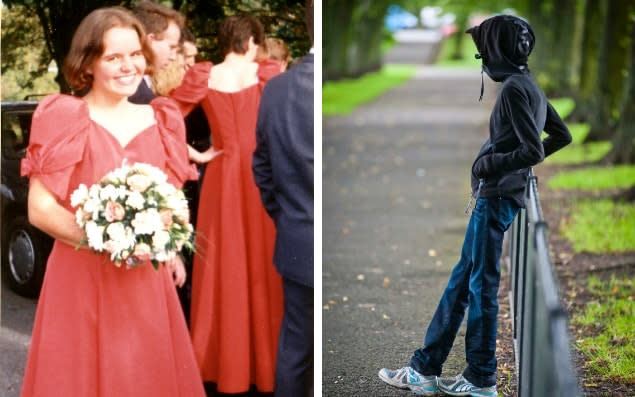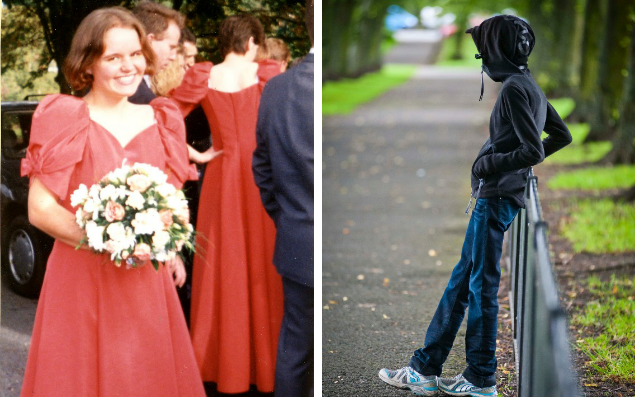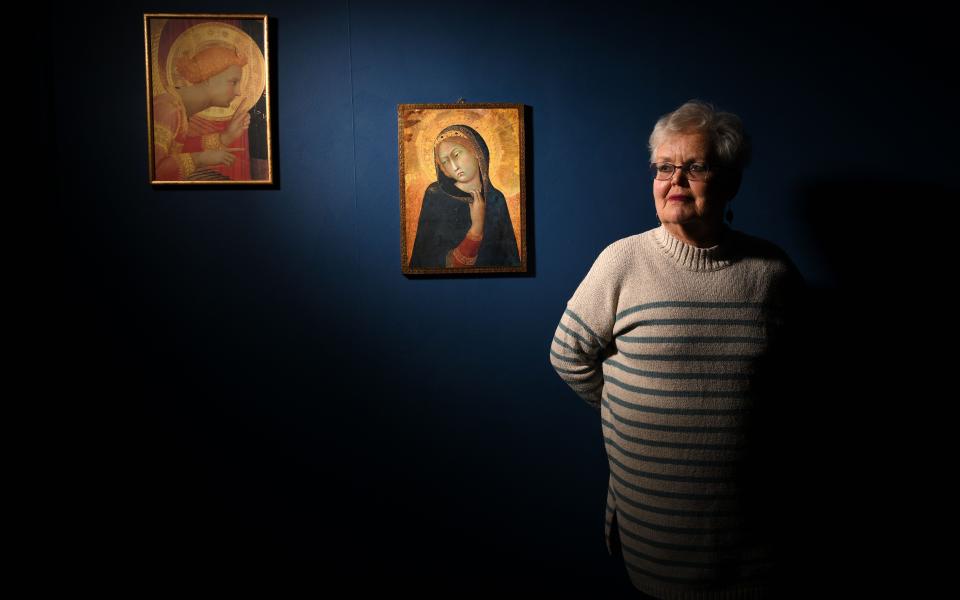Death in a digital age: How messages from around the world comforted family of anorexic woman
Sharen Green's daughter Charlotte, who was suffering from anorexia, gave an interview to The Telegraph in 2012 outlining her determination to ensure that no court or medical panel could force her to live. Charlotte died last June, alone in her Edinburgh flat. Here Sharen tells how messages of love and support from around the world brought the family comfort.
As we left the crematorium and switched on our mobiles, messages flooded in from Australia, the US, South Africa and Italy – not to mention from people in Britain. Later we learned that the webcast of our daughter Charlotte's commemoration was watched in Canada, Germany and New Zealand, too.
The whole experience was so different from organising my mother’s funeral in the late 90s. Back then my brother put a notice in The Daily Telegraph.
When Charlotte died it never occurred to us to put a notice in any newspaper. Facebook was how the news got out beyond calls to close family and friends. A host of people, some of whom we had never heard of, responded and it was quite eerie reading the messages on her phone. Our loss was global in hours.
Dozens of her friends posted their shock, their love and their wishes for her to “sleep tight” on her Facebook page. One even posted a crossword – one of her favourite past times – inviting others to fill in the lights.
We came up with a discreet message to inform friends where and when the service would be held. Those who couldn’t attend could ask for a password and watch the whole thing live on a webcast or on catch-up.
One woman travelled all the way from Brighton to Edinburgh on the strength of that post and friends from her university days in St Andrews and many others from around Scotland attended. Others flew in or drove from England.
Gillian, the funeral arranger, suggested the webcast. She was great – warm, professional and matter-of-fact. Thanks to her, Charlotte’s ashes went into a “scatter tube” with a motif of sunflowers. Somehow that detail consoled me unutterably – I hated to think of her in an urn.
It was Gillian, too, who told us that the pins in Charlotte’s leg following a recent fracture would be sent to a country with no NHS. Who knew? And how our daughter – queen of recycling – would have loved that detail.
Charlotte had requested “a dang good party” and we chose the Royal Botanic Garden which she often visited. They could also produce dang good party food rather than the traditional cup of tea, crustless sandwiches and a piece of shortbread. We drank champagne of course. But another party took place in Bristol – as we discovered via Facebook. And an old school friend who lives in Sardinia held a party at the same time as we partied in Edinburgh.
Charlotte, 39, had asked us to scatter her to the sea “where my body can swim forever”. Swims were also taken in the Med and off the coast of Florida in her honour.
Preparing for the day was so very different from what we did when mum died, too. We designed our own service using Spotify for the music and searching the web for suitable passages to be read. Her dad, brother and I sorted through our favourite photos to make a continuous loop as a backdrop to the party.
Numbers to call | Help and advice from Beat, the UK’s eating disorder charity
As for the order of service, her dad uploaded photos of a meaningful piece of coastline and a cityscape of the Scottish capital from his digital camera. He deliberately faded these pictures, then he photoshopped my favourite picture of her in an oval frame on the front and his own favourite for the back. It was emailed to the printer – somewhere in England – changes were agreed and the order was with Gillian within days. The wonder of the web.
A Quaker friend acted as celebrant and during the silence, the main feature of Quaker worship, people got up to share memories of Charlotte – some very tearful but none the less moving for that.
A couple of weeks later a rose bush arrived at our house incorporating her name in its own name. It was signed just “from all her friends at Sexey’s School” – a place she’d left over two decades ago. They must have learned about it from Facebook.
How could we possibly thank these anonymous friends? I looked up the school, found the head teacher’s email address and sent a message to say how touched we were and how much we wanted to acknowledge this gracious act. His PA replied and assured me it would go in the school magazine – which is published online.
Nothing can bring back our beloved child; nothing can help us avoid the grief to which we must submit ourselves. But the love, yearning and respect expressed by so many, the creative steps taken to honour her and the sheer scope of our commemoration – courtesy of the worldwide web – was and is a balm for our very sore hearts.

 Yahoo News
Yahoo News 


